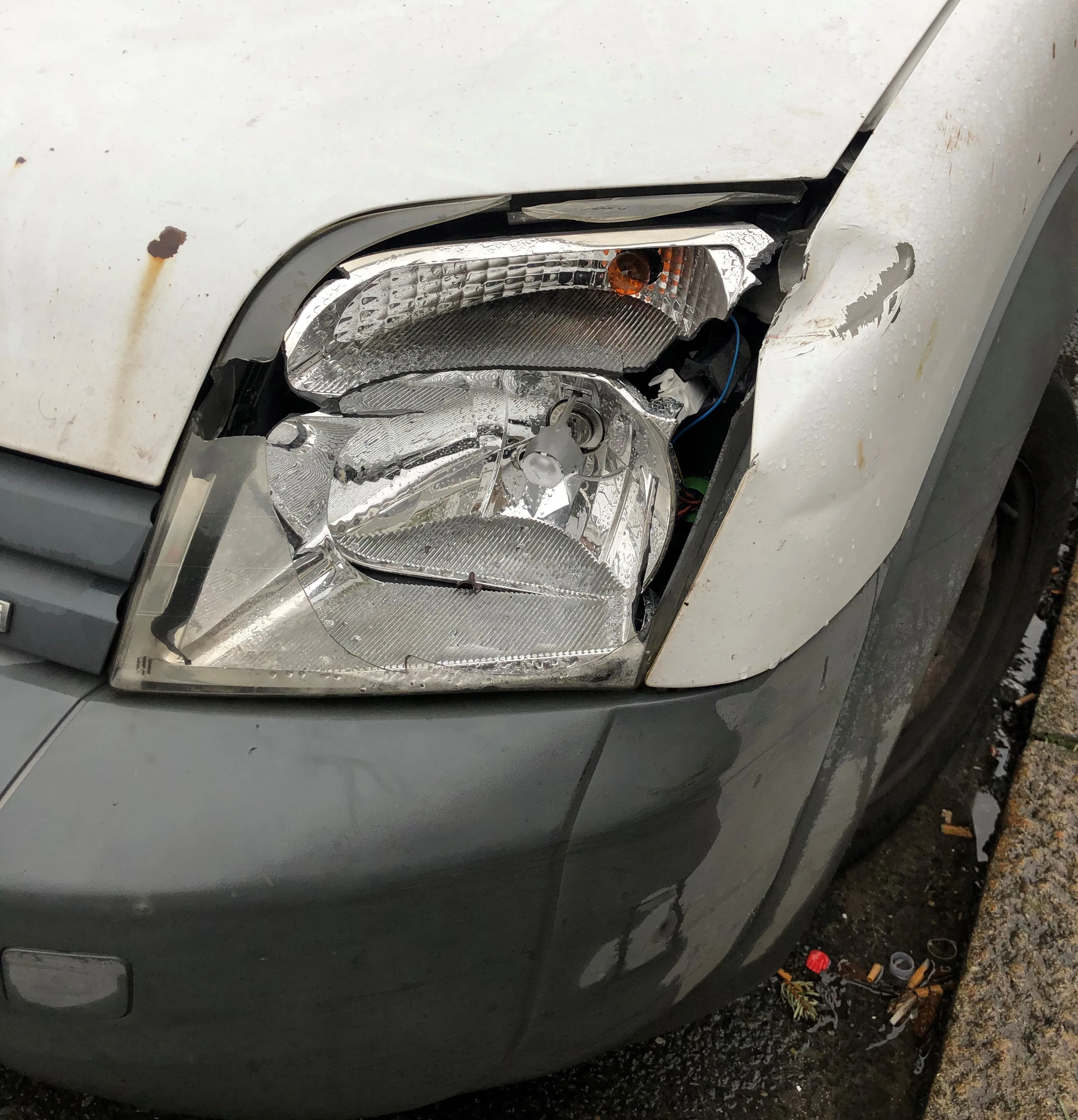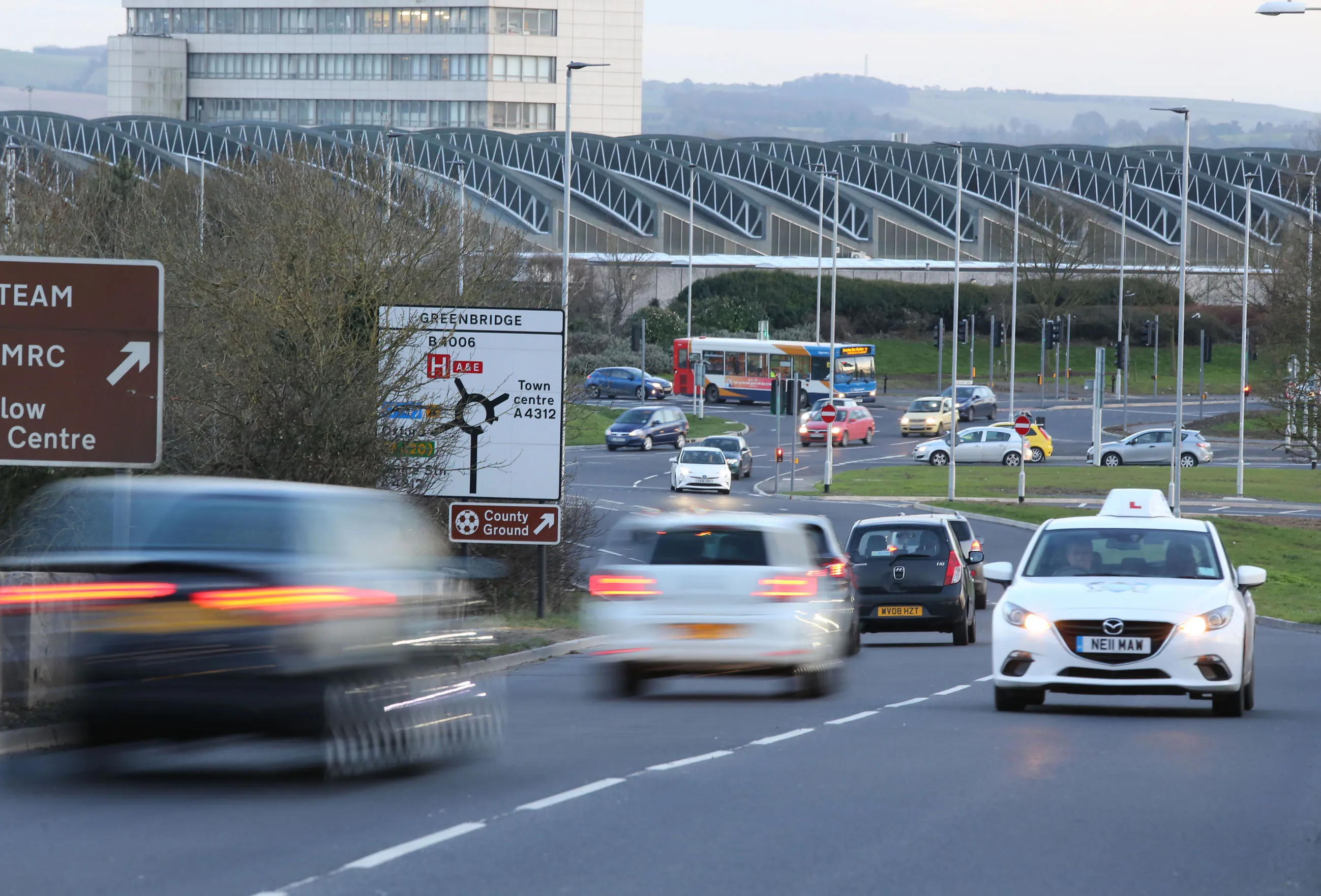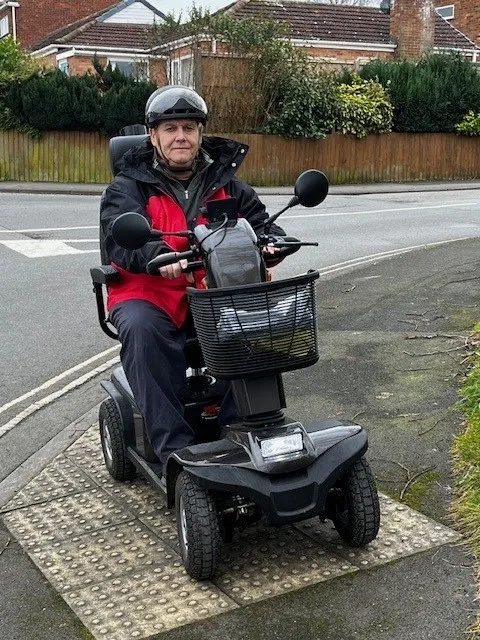Previous methods for testing for alcohol use before the breathalyser involved officers using such scientific methods as asking drivers to stand on one leg, walking in a straight line or touching their noses with their eyes closed.
However road deaths from drink driving do still occur and accounted for around 200 fatalities last year, according to the
Final figures for 2015 show a 9% increase in the number of seriously injured casualties - from 1,070 in 2014 to 1,170 - the first rise since 2011. Worryingly, the total number of casualties in drink drive accidents for 2015 was 8,470 – up 3% on the previous year.
Police carried out over half a million (520,219) roadside breath tests in 2015, the lowest number since data collection began in 2002. More than 60,000 drivers (one in eight of those tested) failed or refused to take the test.
Men were twice as likely as women to fail a breath test, a trend that was consistent across all age groups according to the DfT.
Breath test 50th anniversary
It is now 50 years since the breathalyser testing system to check for alcohol use was introduced in the UK. Police carried out the first roadside breath test on a motorist in Shropshire on the 8th October 1967. The breath testing for alcohol has had a major benefit for UK road safety as in 1967 there were 1,640 road fatalities attributed to alcohol, almost as many road deaths as there were in total in the UK last year. The push to make drink driving regarded as dangerous, anti-social behaviour has had a maj
October 6, 2017
Read time: 2 mins
It is now 50 years since the breathalyser testing system to check for alcohol use was introduced in the UK. Police carried out the first roadside breath test on a motorist in Shropshire on the 8th October 1967. The breath testing for alcohol has had a major benefit for UK road safety as in 1967 there were 1,640 road fatalities attributed to alcohol, almost as many road deaths as there were in total in the UK last year. The push to make drink driving regarded as dangerous, anti-social behaviour has had a major effect and road deaths from drink driving are now around 12.5% of what they were in 1967. It is worth noting that road deaths overall have fallen dramatically, despite a massive increase in car ownership.









